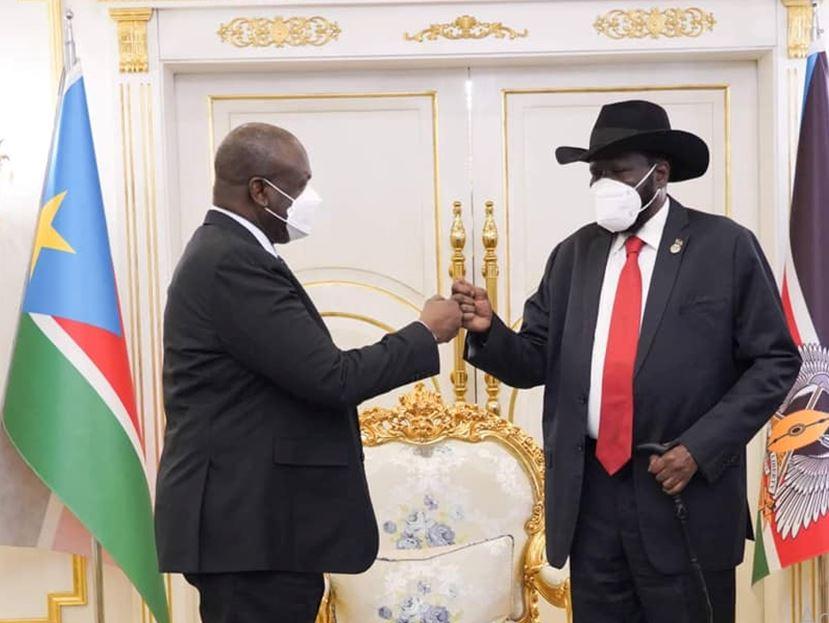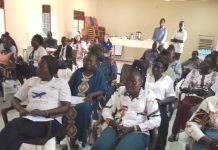Africa-Press – South-Sudan. For those who are less interested in matters of governance, the bid to unify the command structure and approve nominees for the post was like any other assignment. But for keen eyes with a deeper understanding of South Sudan’s political landscape, what happened on Tuesday night was a major milestone in the history of the country and a score worth mentioning for the Juba administration.
President Salva Kiir had just formed the unified command structure after a lengthy stalemate pitting peace partners against each other. It was a bumpy road full of setbacks as peace partners haggled for common ground. What had been promised eventually came, signifying not only an achievement but a crack of dawn in the bid to fully implement Chapter Two of the Revitalised Agreement on the Resolution of Conflict in South Sudan (R-ARCSS). And, more importantly, the signatories to the 2018 revitalised peace agreement have shown a positive response by moving forward to ensure the ratification of the crucial security chapter.
While this may look ordinary and simple, like any other republican decree issued to effect changes in the government, the lengthy stalemate that marred the process is enough to prove that it was such a big deal to get this breakthrough.
Let’s go down memory lane for just a moment. The graduation of the unified forces has been postponed several times due to various reasons, such as lack of funds, arms, and even the unified command structure. President Salva Kiir has always maintained the goodwill of the presidency to ensure that the country gets a unified army. An example is when the president revealed in a press conference held at his office in Juba that he could not reduce the number of seats allocated to SPLM/A-IO due to the volatility of the situation.
“Yes, I am the president, but I cannot do this. This may cause defection in your forces, which may result in war. I don’t want this to happen, “he said.
This was the time that he accused the primary peace partners, SPLM/A-IO, of not having enough soldiers but just generals to be integrated.
“We do not have any problem with being patient, but we must reach a logical conclusion. These are the things that make us delay the implementation. Somebody brings you a general but does not have soldiers. And he expects you to come and absorb these officers, into your command. How do you absorb them and who will lead them? “he posed.
While the SPLM/A-IO denied these claims and referred to them as “delay tactics”, the end product was a smooth consensus where parties agreed on a 60 to 40 per cent share of the quo between government and opposition parties, respectively. It yielded the breakthrough which opened doors for Dr Riek Machar’s party, SPLM/A-IO and that of Hussein Abdelbagi (SSOA), to submit the lists of nominees.
Now that the graduation of forces has been scheduled for the next couple of months, the task ahead for the parties is to ensure that they unite the army under one command within this period because it is very crucial.
For More News And Analysis About South-Sudan Follow Africa-Press






